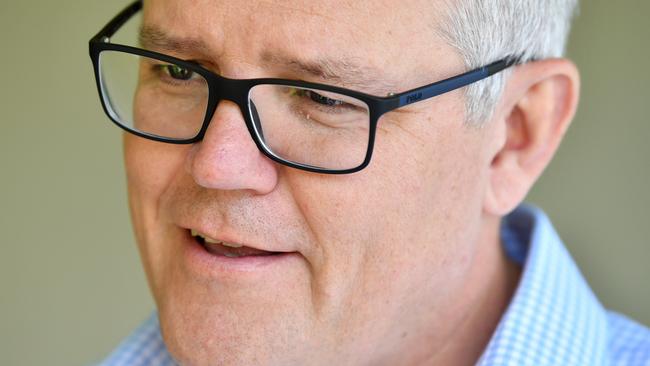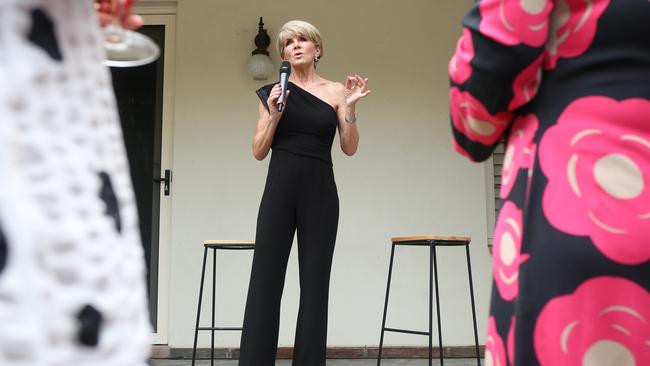Political parties should use 2019 to fix their issues
Every party — from major to minor — should have learned some serious lessons in 2018, writes Paul Williams. Labor needs to work on its antenna, and the Liberals its women problem.
Rendezview
Don't miss out on the headlines from Rendezview. Followed categories will be added to My News.
Another year down and the wise and weary at this time of year will ask themselves what lessons they’ve learned over the past 12 months.
But if the words and deeds of our leaders are any guide, homo politicus isn’t a species adept at learning.
For example, after three brutal prime ministerial spills between 2010 and 2015 — each robbing the Government of both votes and virtue — the federal Liberals still believe knifing a sitting prime minister is an election winner. Opinion polls suggest otherwise.
Similarly, despite the short shelf-life of class war rhetoric, Labor’s continuing commitment to abolish negative gearing — despite its broad unpopularity among Labor’s aspirational class — shows the party’s political antenna isn’t always well tuned.
So what are the big political challenges for 2019?

For PM Scott Morrison, it’s how to save the furniture as Labor flames lick at the Coalition’s house. Most if not all the Government’s 18 seats under four per cent will be razed in May, but can a more authentic Morrison cut through to save the eight seats sitting between four and seven per cent? If so, how will an already divided Liberal party cope with Opposition after what could be its biggest defeat since 1983? Will the party finally bite the equity bullet and admit quotas are the only way to see talented Liberal women elected in big numbers? I think it will.
The challenges for the Nationals are simpler: how does the old farmers’ party stay relevant when rural constituencies are shrinking? Who becomes leader after the meek Michael McCormack accepts responsibility for a dramatic collapse in the Nationals’ vote? What does the party do with the bumbling Barnaby Joyce?
RELATED: Michael McCormack has a target on his back
For Labor, can an inauthentic Bill Shorten convince voters he can steer an ideologically diverse government — think splits over asylum seeker policy — while holding militant unions in check? Will big business undermine Shorten the same way big mining did Rudd?

And how will a relatively unpopular Shorten — like Tony Abbott, beginning his prime ministership in negative approval territory — hold the fort against a popular opposition leader in the form of, say, Julie Bishop?
The challenges run even deeper for the Greens who, after months of internal warfare and allegations of sexual assaults, have seen their party decline in inner city seats.
They run deeper still for Pauline Hanson’s One Nation. With little hope of having any senator elected next May, how can Hanson remain relevant amid a more moderate upper house? Other bit players from Cory Bernardi to Derryn Hinch face the same fear of irrelevancy.
And, for the world, there’s the challenge of accommodating an increasingly isolated and unhinged American president now the “last adult” moderating influence on Trump, U.S. Defence Secretary Jim Mattis, has left the room. How will world’s economy deal with yet more crazy protectionism?
More worryingly, who will grab Donald’s hand should the tantrum-throwing Trump — pumped up on cheeseburgers and diet coke — reach for the nuclear codes instead of his Twitter account?
Let’s hope we can say happy new year in 2020, too.
Dr Paul Williams is a senior lecturer at Griffith University.


